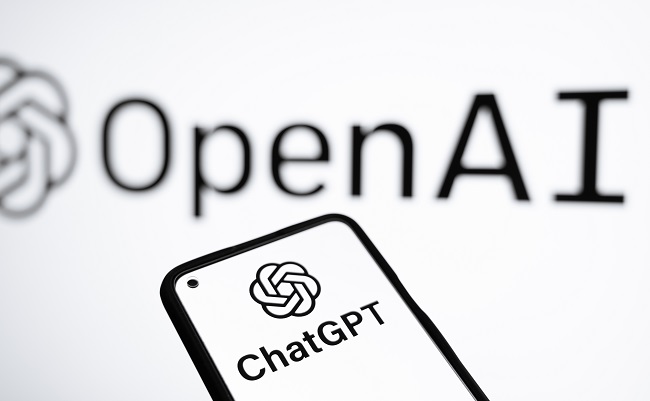OpenAI has unveiled new mental health guardrails for ChatGPT to address concerns about user delusions and emotional dependency during long interactions. Key updates include prompts for users to take breaks, less assertive responses to sensitive inquiries, and enhanced detection of emotional distress. ChatGPT is trained to provide evidence-based advice and direct users to appropriate resources when necessary.
Collaborating with over 90 physicians from more than 30 countries, along with experts in various fields, OpenAI aims to ensure responsible advancements in the model. Previous updates had rendered GPT-4o “too agreeable,” prioritizing comforting answers over accuracy. The company has reverted this change, shifting its focus to enable users to achieve goals efficiently instead of maximizing engagement time. The need for these adjustments arises amid increasing reports of emotional distress linked to AI interactions, emphasizing the importance of responsible AI usage for mental health. OpenAI’s mission is to enhance user outcomes and reduce risks.
Source link
